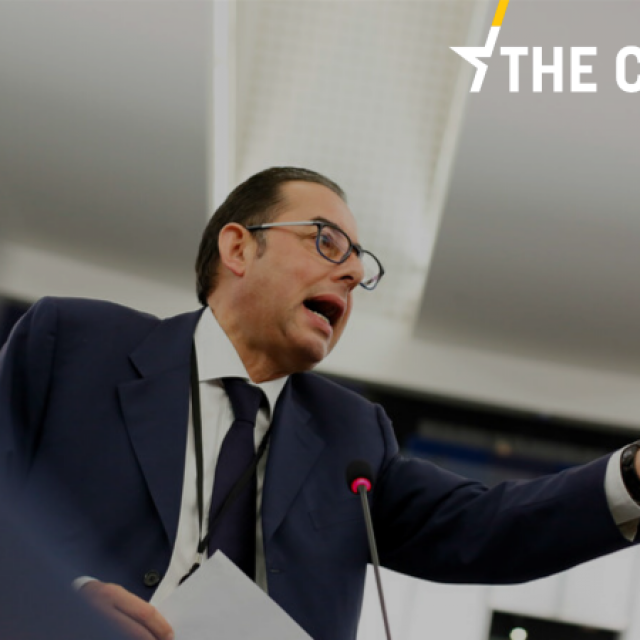_640.png)
Before you start reading today’s edition of the Capitals, feel free to have a look at the article “Eurogroup to discuss EU-wide unemployment reinsurance scheme” by Jorge Valero.
**To stay up-to-date on everything to do with the coronavirus across the capitals, feel free to check out EURACTIV’s comprehensive overview, which is regularly updated with the help of our network of offices and media partners.**
In today’s news from the Capitals
ROME. Former chief of the socialist group in the European Parliament Gianni Pittella has reminded his socialist comrades from northern Europe of their “progressive” roots calling them to show solidarity with those countries which have been severely hit by the coronavirus.
“We are socialists and now more than ever we have to show our firm pro-european spirit: in our hearts there is solidarity among people and the defense of the weakest […] Selfishness belongs to others,” he told EURACTIV.com.
Currently a senator, Pittella referred to socialists in Germany, Austria, the Netherlands and Finland, whose countries took what he described as an “incomprehensible and unacceptable” position at the last EU summit.
Sarantis Michalopoulos has the full story.
Meanwhile, Italian PM Giuseppe Conte has increased the pressure on German Chancellor Angela Merkel over coronabonds. In an interview with German TV ARD, Italy’s Prime Minister Giuseppe Conte called on Europe to show if it really is a ‘common house’ capable of responding to the epoch-making challenge of coronavirus.
“I want to tell all German citizens: we are not writing a page of a textbook on economics but a page of a history book,” Conte said. Gerardo Fortuna has more.
///
BRUSSELS
Coronavirus populism. As the debate over distribution of EU funds continues in Belgium, nationalist New Flemish Alliance (N-VA) and extreme-right Vlaams Belang parties are consciously spreading disinformation about the coronavirus crisis and spicing it up with ‘xenophobic sauce’, Belgian MEP Parliament Kathleen Van Brempt (SP.A/S&D) criticised in a statement. Alexandra Brzozowski reports.
///
PARIS
France suspends airline tax. Now that the EU has approved France’s request to postpone a tax for airlines to help the sector survive the coronavirus health crisis, it is now authorised to defer payments of taxes due between March and December 2020. EURACTIV France has the story.
///
BERLIN
Spahn advocates COVID-19 smartphone tracking. On Tuesday (31 March), Health Minister Jens Spahn (CDU) told a press conference in Düsseldorf that he was in favour of using Big Data, in particular location-tracking smartphones, to help combat the spread of COVID-19. Such surveillance could be of particular use if the government decides to relax its restrictions after Easter, he added. EURACTIV’s Sarah Lawton reports.
///
VIENNA
Positive COVID-19 cases pass 10,000. At 4:15 pm local time, Austria’s health ministry had declared that 10,019 people had contracted SARS-COV-2 with most of them (2,333) being from Tyrol, the southern state bordering Italy.
The city of Ischgl, which became a hotspot for the virus when authorities decided not to close down establishments and ski lifts, is having its officials investigated by the public prosecutor for “suspicion of negligent endangerment of humans through transmittable disease”. The head of Tyrol’s local government, Günther Platter (ÖVP) had said in an interview that he misses a “unified approach” to the health crisis. (Philipp Grüll | EURACTIV.de)
///
HELSINKI
Constitutional aftermath. The current coronavirus crisis has planted seeds for a constitutional debate in Finland. The unusual situation and the quick actions needed from politicians, institutions and authorities alike have brought the following questions to the fore: Is the current constitution defining and limiting the powers of the president and the government? Is their division of labour clear enough and best suited for exceptional times? EURACTIV’s Pekka Vänttinen looks into it.





Za sudjelovanje u komentarima je potrebna prijava, odnosno registracija ako još nemaš korisnički profil....